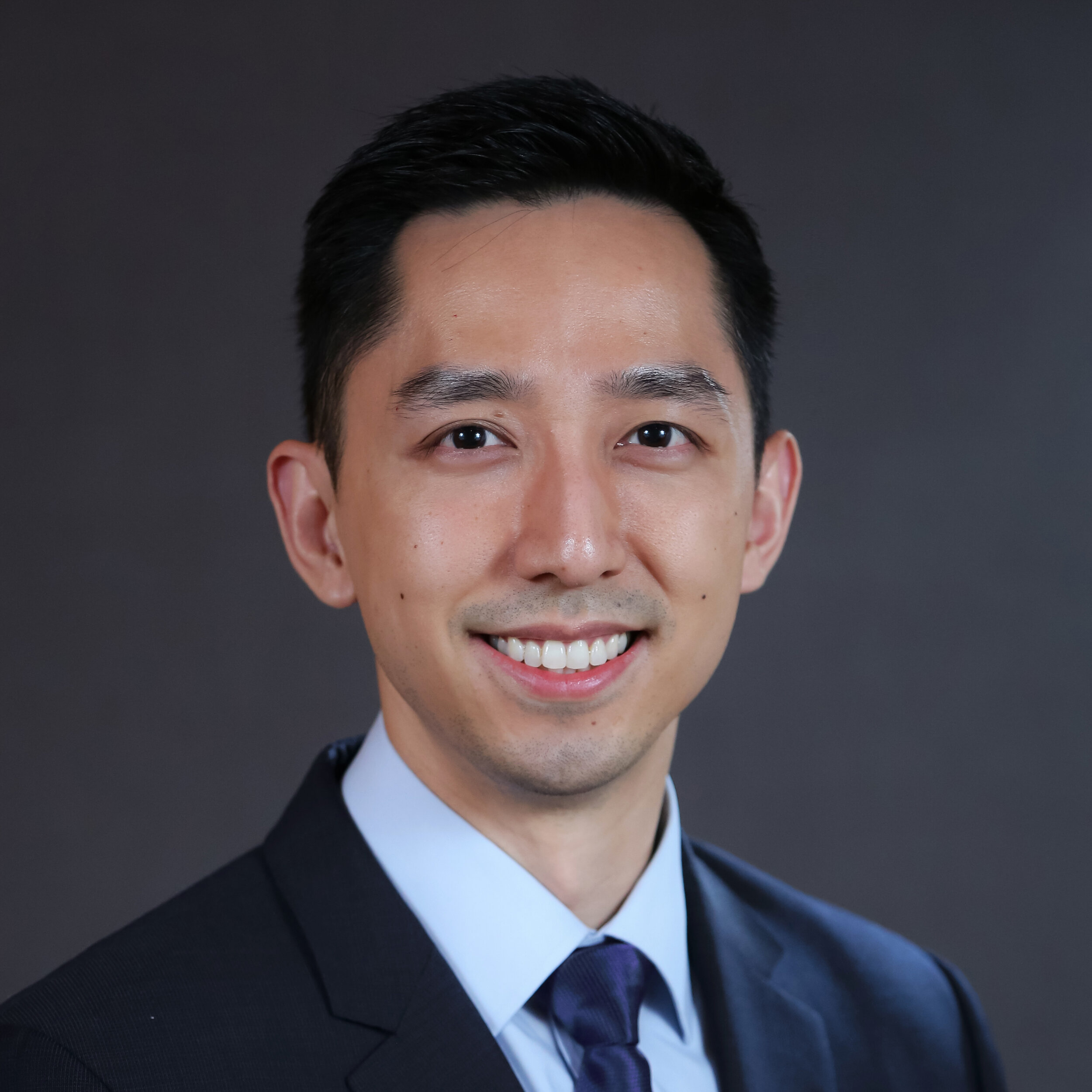Authors
Ron Gilat, MD, Ophelie Lavoie-Gagne, Eric D Haunschild, Derrick M Knapik, MD, Kevin C Parvaresh, MD, Michael C Fu, MD, Brian Forsythe, MD, Nikhil Verma, MD, Brian J Cole, MD, MBA
Journal
Shoulder Elbow. 2020 Oct;12(5):315-329. doi: 10.1177/1758573220945318.
Abstract
Background
The purpose of this study was to evaluate mid- and long-term outcomes following the Latarjet procedure for anterior shoulder instability.
Methods
PubMed, MEDLINE, Embase, and Cochrane libraries were systematically searched, in line with PRISMA guidelines, for studies reporting on outcomes following the Latarjet procedure with minimum five-year follow-up. Outcomes of studies with follow-up between 5 and 10 years were compared to those with minimum follow-up of 10 years.
Results
Fifteen studies reporting on 1052 Latarjet procedures were included. Recurrent instability occurred in 127 patients, with an overall random summary estimates in studies with a minimum five-year follow-up of 0-18% (I2 = 90%) compared to 5-26% (I2 = 59%) for studies with a minimum 10-year follow-up. Overall rates for return to sports, non-instability related complications, and progression of arthritis estimated at 65-100% (I2 = 87%), 0-20% (I2 = 85%), and 8-42% (I2 = 89%) for the minimum five-year follow-up studies and 62-93% (I2 = 86%), 0-9% (I2 = 28%), and 9-71% (I2 = 91%) for the minimum 10-year follow-up studies, respectively. All studies reported good-to-excellent mean PRO scores at final follow-up.
Conclusions
The Latarjet is a safe and effective procedure for patients with shoulder instability. The majority of patients return to sport, though at long-term follow-up, a trend towards an increased incidence of recurrent instability is appreciated, while a significant number may demonstrate arthritis progression.
Keywords
Latarjet; coracoid transfer; shoulder instability.
About the Author
Dr. Michael Fu is an orthopedic surgeon and shoulder specialist at the Hospital for Special Surgery (HSS) in New York City (NYC) and New Jersey (NJ), the best hospital for orthopedics as ranked by U.S. News & World Report. Dr. Fu treats the entire spectrum of shoulder conditions, including rotator cuff tears, shoulder instability, and shoulder arthritis. Dr. Fu was educated at Columbia University and Yale School of Medicine, followed by orthopedic surgery residency at HSS and sports medicine & shoulder surgery fellowship at Rush University Medical Center in Chicago. He has been a team physician for the Chicago Bulls, Chicago White Sox, DePaul University, and NYC’s PSAL.
Disclaimer: All materials presented on this website are the opinions of Dr. Michael Fu and any guest writers, and should not be construed as medical advice. Each patient’s specific condition is different, and a comprehensive medical assessment requires a full medical history, physical exam, and review of diagnostic imaging. If you would like to seek the opinion of Dr. Michael Fu for your specific case, we recommend contacting our office to make an appointment.

